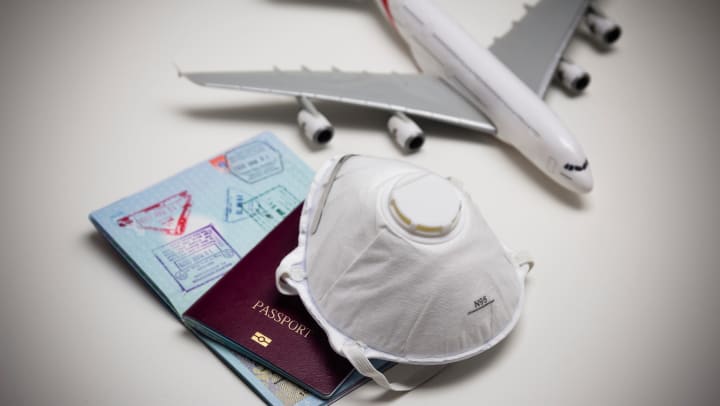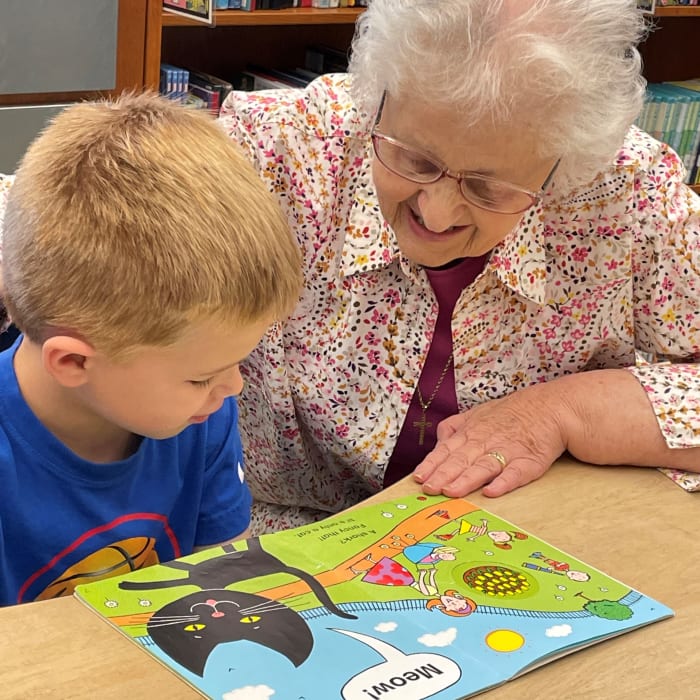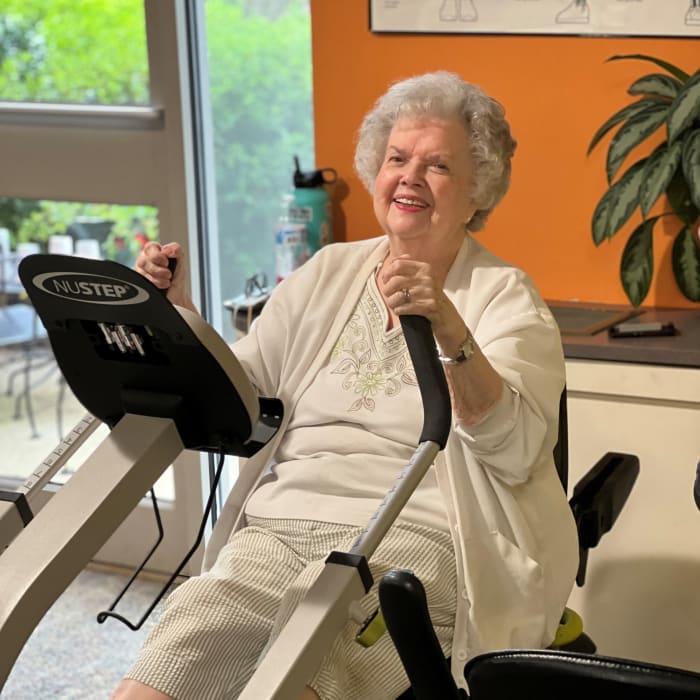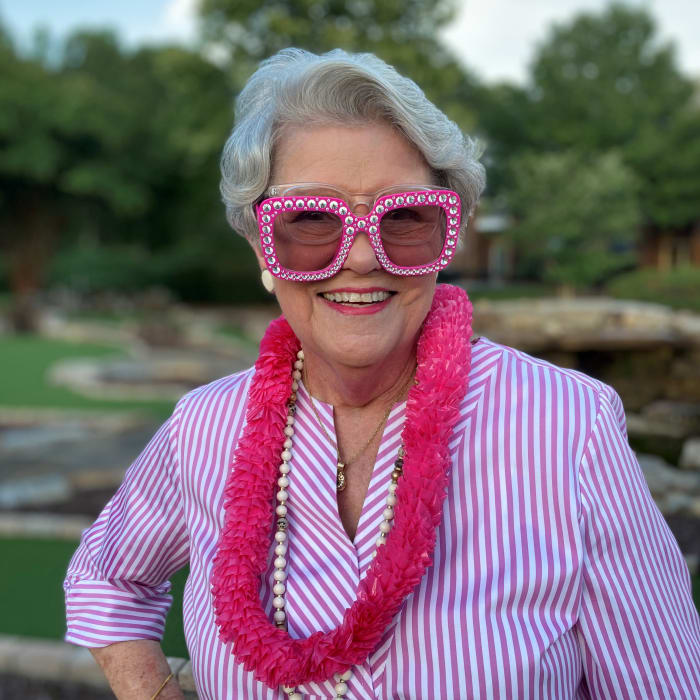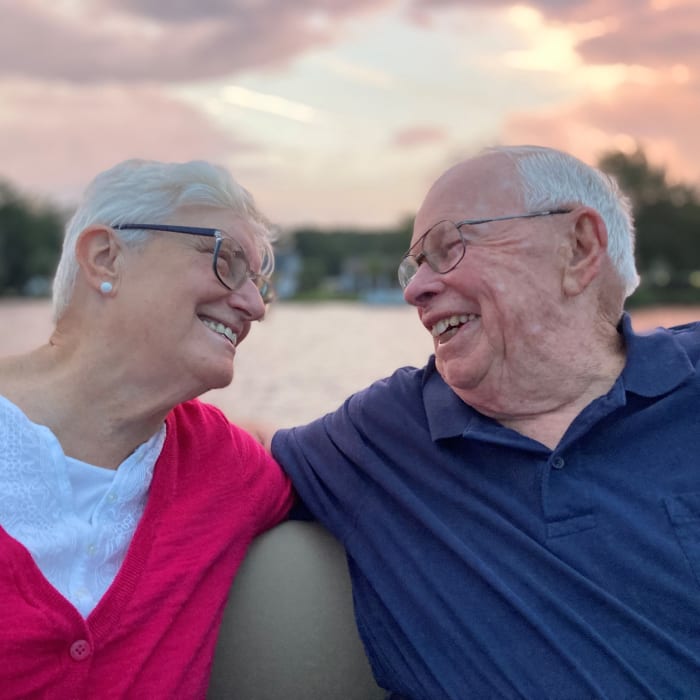Travel Questions, Answered
One of the joys that people find in retirement is the time to travel. Whether it’s jetting to a distant land or a cross-country trip to visit the grandkids, travel is a life-enriching hobby for many. The COVID-19 pandemic has curtailed our ability to travel dramatically. As states open up, and high travel season approaches, you may be wondering if travel is safe and what will happen to plans that you made before months ago.
Regulations and advisories change frequently so for the latest information, check the World Health Organization (WHO) and Centers for Disease Control and Prevention (CDC). However, we have provided some answers to the most frequently asked travel questions.
Q: Can I travel to another state to visit friends or family?
A: The CDC recommends you stay home as much as possible and continue to practice social distancing unless travel is essential. Essential travel is defined as:
• Travel to provide medical or home care to others
• Travel necessary for a job considered an essential service
If you must travel, continue to practice healthy habits like handwashing, staying at least 6 feet apart and wearing a cloth face covering. Remember, the gradual lifting of orders doesn’t mean the coronavirus isn’t as contagious or dangerous, it only means we have flattened the curve to be able to handle more infections. If you are sick or experiencing symptoms, stay home.
Q: Will I be able to attend a family wedding?
A: Group gatherings offer an ideal environment for the transmission of this highly contagious disease. Since it’s possible to carry and spread the virus without any symptoms, large gatherings are still high-risk events. It’s probably not safe to attend, especially if you are at an increased risk either because of age or preexisting condition.
Q: Should I cancel my trip overseas?
A: Sadly, yes, it is best to postpone your international travel. Countries have different travel restrictions and mandatory quarantines, and both border controls and airline policies may change with little notice. If you choose to travel internationally, your travel plans may be disrupted, and you may have to remain outside the United States for an unpredictable length of time. If you are planning or rescheduling a trip, this might be a good time to work with an experienced travel agent or planner who can navigate openings and closings, and research. It may also be a good idea to plan time to be in quarantine after you return, usually two weeks.
Q: Can we take our RV on the road?
A: The CDC recommends you stay home as much as possible. Camping can put you at risk if you come into contact with shared facilities, public trails, roadside stores and gas stations. While much of the nation is still under some type of restriction, it may be difficult to find groceries and other supplies you need while on the road. Check state, regional and national parks to see if they are open, and be aware of up to date state-issued guidelines when you go.
Q: Is it safe to fly? What about cruises?
A: Airlines are doing their best to provide a safe environment in the sky, but if you are at increased risk, you should stay home as much as possible. However, if you must fly, practice good hygiene: wear a cloth face covering, cover coughs and sneezes, wash your hands frequently, use hand sanitizer, avoid touching surfaces in public spaces and keep a safe distance between yourself and others, as much as possible.
If you have a cruise planned, the CDC recommends you defer it for now. The current government No Sail Order is set to expire, or be extended, on July 24, 2020.
Q: Can I get a refund for travel I booked before outbreak occurred?
A: Airlines, cruise companies, hotels and even private rentals all have unique policies regarding refunds and credits. Make sure to call or email to ask what options are available — you may be surprised.
Q: When will everything go back to normal?
A: There is no easy answer to the million dollar question, but what we think of as “normal” may never return. Much as we can’t imagine flying without going through security post-9/11, when travel opens up it may look quite different from before the COVID-19 pandemic. For example, changes at hotels may include new sanitation protocols, touchless registration and check-in, reduced occupancy and community spaces re-imagined to promote distancing. Airlines will also likely institute new safety measures, as well as reduced schedules and routes as the public slowly becomes comfortable with the idea of flying.
Like most aspects of life after COVID-19, the timeline is unknown. Until there is a vaccine, cure or herd immunity is achieved, we may all be sticking a little closer to home.
Sources:
https://www.cdc.gov/coronavirus/2019-ncov/travelers/travel-in-the-us.html
https://www.cdc.gov/quarantine/cruise/index.html
https://www.townandcountrymag.com/leisure/travel-guide/a32378511/when-will-it-be-safe-to-travel-again-coronavirus/


